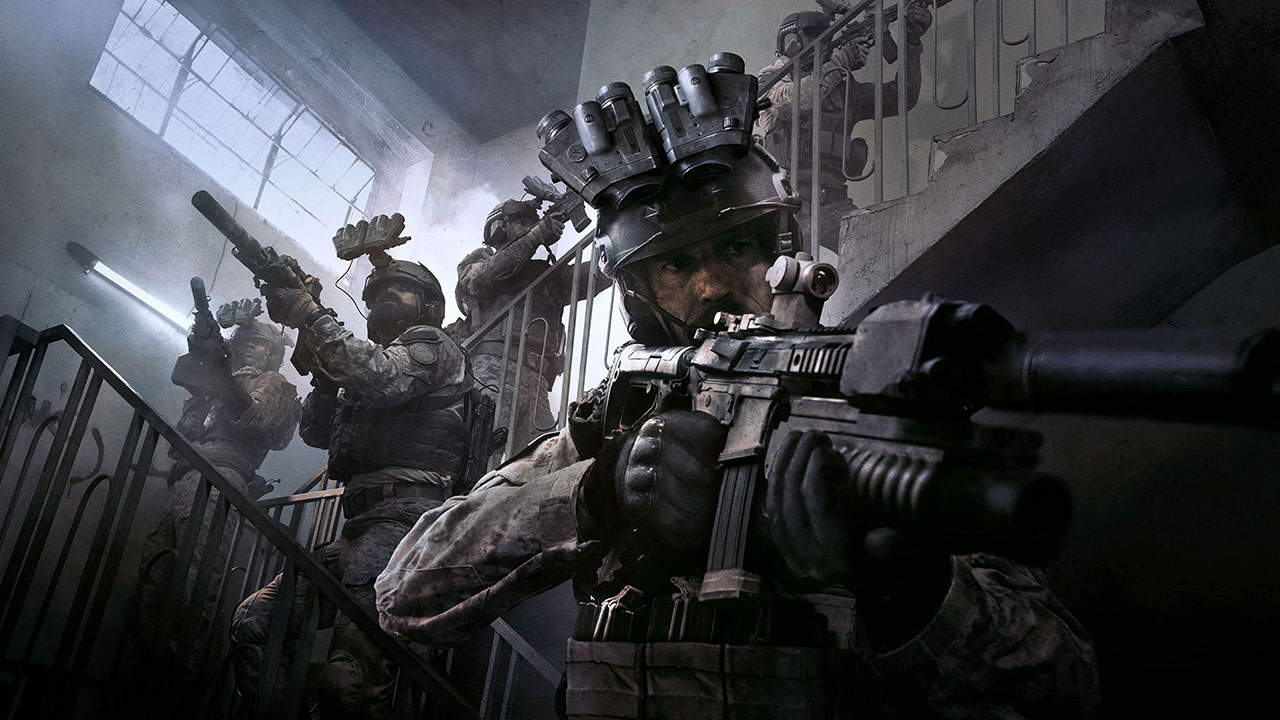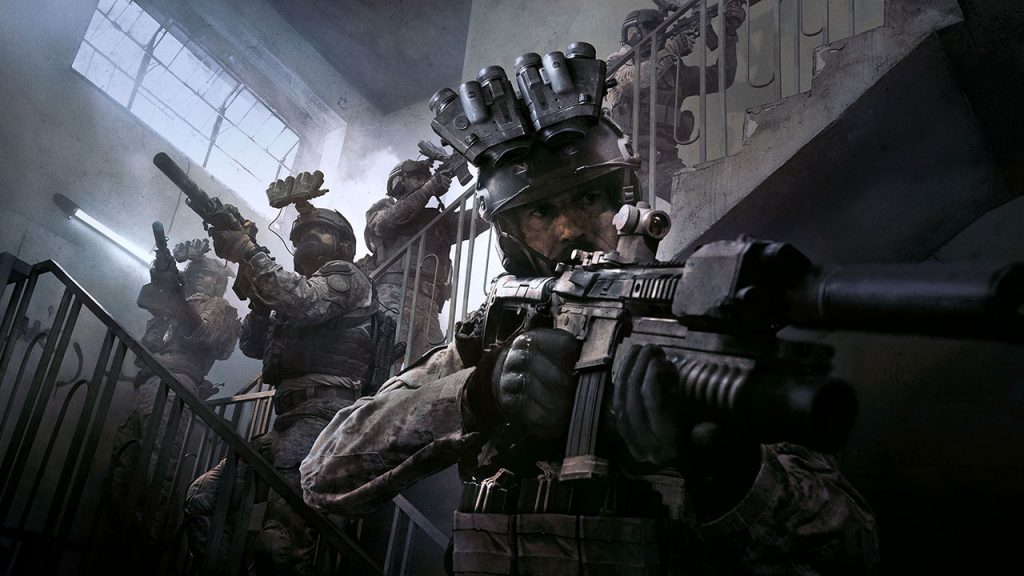Figures compiled by the NDP Group have seemingly revealed the top-selling video games of the decade. In many ways, the list (which accounts for revenue as well as total sales) is not that surprising. Grand Theft Auto 5 and Red Dead Redemption 2 rank high. Mario Kart 8 did extremely well, and it turns out that a lot of people really have bought The Elder Scrolls V Skyrim across various platforms.
In terms of individual entries, the list is about what you’d expect. However, it’s difficult to look at the list and not be just a little surprised by the sheer dominance of the Call of Duty franchise.
Call of Duty games occupy half the spots on the list of the 20 best selling games of the decade. For those keeping counts, that means that every Call of Duty game released over the last 10 years was one of the best selling games of the decade. Seven of those games were among the 10 best selling titles during that same time period.
There’s always room for some errors during calculations such as this, but for the moment, let’s just assume that these figures are right. Our question now is, “How did this happen, and does Call of Duty really deserve this level of success?”
In case you’re wondering, I wouldn’t really consider myself to be a Call of Duty fan. I’ve played some of the games in the series, I’ve enjoyed many of them, but I’m definitely not among the millions (and millions) that are apparently buying these titles every year. Truth be told, though, I was under the impression that even those who do consider themselves fans of this series were also not really buying into the franchise anymore.
Let me explain. See, the decade in Call of Duty starts off well enough with Call of Duty: Black Ops receiving good reviews from both critics and fans. Call of Duty: Black Ops 2 would be met by a somewhat similar reception a couple of years later.
However, many of the other Call of Duty haven’t been so lucky. Call of Duty Modern Warfare 3 boasts a whopping 3.4 user score on Metacritic. Call of Duty: Ghosts has a 3.8, Call of Duty: Advanced Warfare sports a much better 5.7, but Call of Duty: Black Ops 3 brings us back down to a 4.8 before Infinite Warfare shocks us all with a 3.8 score. No subsequent Call of Duty game rose above a 4.9 since then.
You may be wondering why I’m focusing on those scores. Well, for quite some time, I just had the perception that Call of Duty was one of those games that critics tended to look down on but fans generally loved. In reality, though, critics tend to give the series fairly good reviews while fans are the ones who typically slam it across review sites. Yet, here we are with the series ranking shockingly high amongst the best selling games in recent memory.
So what’s going on here? If the series biggest fans have seemingly spent most of the decade trashing the progress (or lack thereof) of the Call of Duty franchise, then how is it that the series continues to be unbelievably successful?
There are a few likely answers to that question, and none of them are very encouraging.
First off, it’s quite possible that these reviews don’t really represent the voices of the series’ biggest fans (at least in terms of who keeps buying these games). Those voices likely belong to that large number of people who own a PlayStation or Xbox, still don’t really identify themselves as “gamers,” and typically buy a couple of games a year (one of which certainly seems to be Call of Duty). Given the nature of the game, we’re likely talking about 18-30-year-old males. Considering the history of the Call of Duty franchise, we’re also talking about a franchise that has seemingly crossed the generation gap (at least relative to that age range).
That’s not the most telling part, though. What’s truly troubling is when you realize that a lot of those people who complained about the Call of Duty games probably kept buying them year after year anyway. It’s clear that the series has become comfort food at this point, and it’s clear that people are still asking for seconds even after they’ve had their fill.
None of this is to say that the Call of Duty games are necessarily bad, but more than anything, these numbers represent a sometimes frustrating sense of complacency that can settle into the entertainment industry. For the time being, it seems like the Call of Duty franchise is largely immune to the complaints of its most vocal critics and (in some cases) its biggest supporters. Then again, sales will almost always best criticism.
More than anything, though, these numbers prove that once a franchise gets its hooks in people, it’s hard to get them out. Yet, at a time when franchise games are abandoning the annual release strategy and sports titles seem to be (relatively) plummeting down the charts, you’ve got to wonder whether Call of Duty will remain comfort food for the next 10 years or whether or more diverse series of titles may finally take its place.





